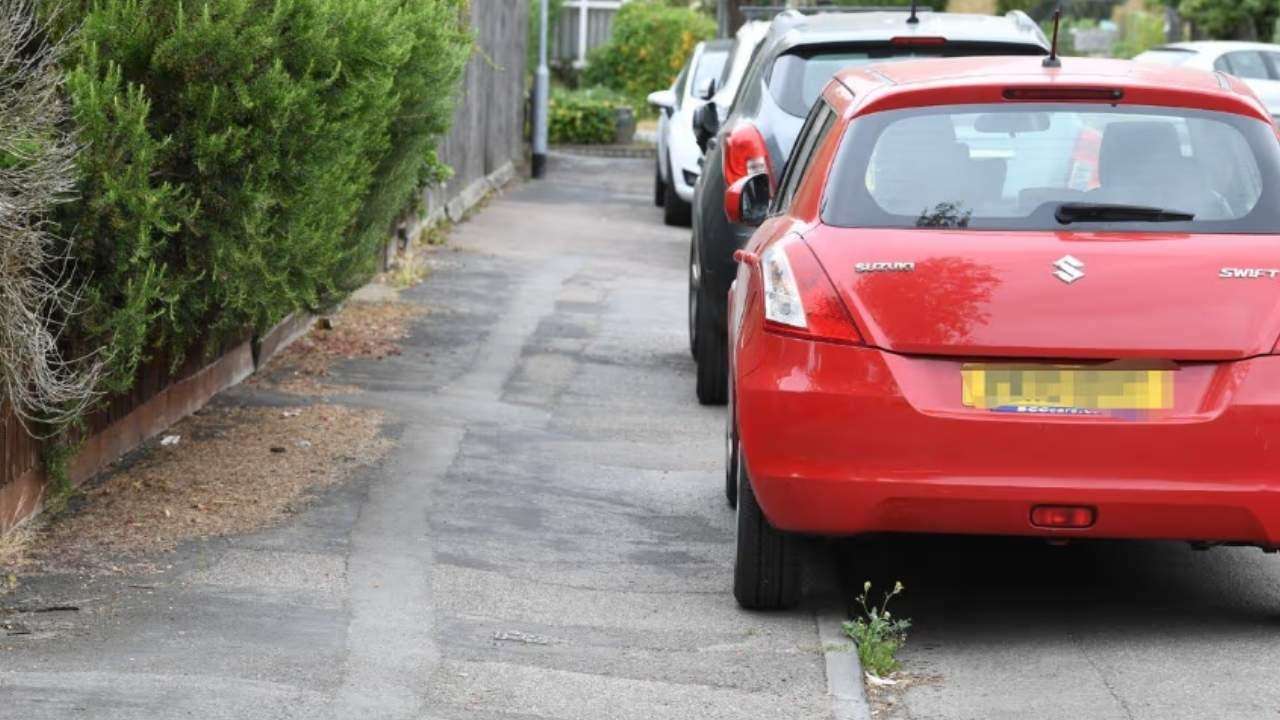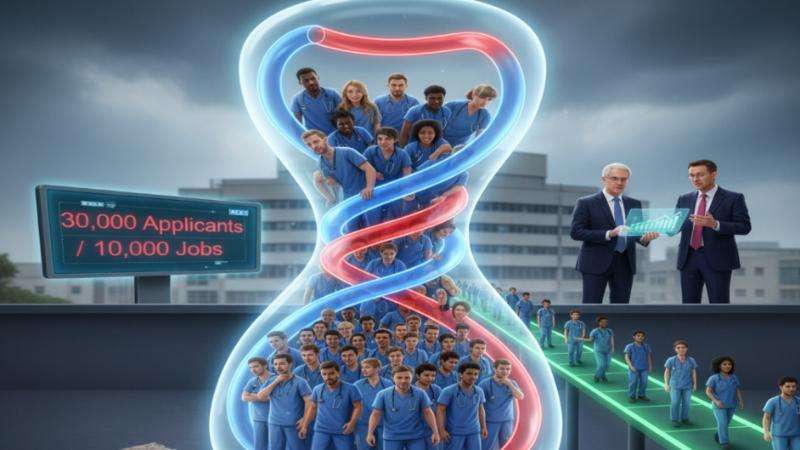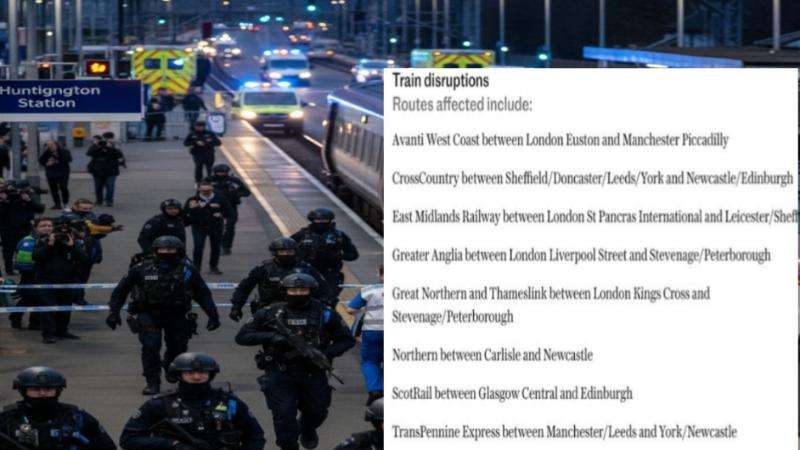A seismic review co-led by the Chief Medical Officer, Professor Sir Chris Whitty, has issued a stark warning to the government: the NHS must urgently overhaul its hiring strategy and stop prioritizing foreign-trained doctors over thousands of qualified UK medical graduates. The official Medical Training Review highlights a profound systemic failure, revealing a "training bottleneck" that leaves domestically trained doctors unemployed despite a critical national shortage of medics, Daily Dazzling Dawn realised.
This unprecedented situation is not merely a staffing issue; it is a crisis of policy and investment. Data shows that the proportion of junior doctors trained overseas has surged, now accounting for 27% of the total—up from 18% in 2019. The increase is particularly pronounced in general practice, where over half (52%) of new family doctor trainees graduated abroad, a jump from 34% just four years ago. This surge in International Medical Graduates (IMGs) has led to fierce competition, with the British Medical Association (BMA) reporting a staggering 30,000 doctors applying for just 10,000 training posts this year.
The £245,000 Investment and the Failure to Recoup Returns-Policy experts are now openly criticizing the poor value for public money. The Nuffield Trust estimates that the total investment required to train a single doctor through medical school in the UK is approximately £244,700. Experts argue it is fiscally irresponsible to invest hundreds of thousands of pounds in local talent only to see those graduates unable to secure the specialty training jobs necessary to continue their NHS careers, forcing the service to rely on doctors trained at other nations' expense.
This bottleneck is directly fueling the ongoing industrial action. Unprecedented competition for these crucial specialty positions is cited as one of the key reasons why junior doctors—now officially called resident doctors—have continued their strikes, including a planned five-day walkout this month. Dr. Jack Fletcher, Chairman of the BMA resident doctors' committee, summed up the paradox: "We have doctor unemployment while patients can’t even see a GP."
Visa Changes and Policy Betrayal-Health officials admit the problem was severely exacerbated by a major overhaul of visa rules in 2021. This change abolished the Resident Labour Market Test (RLMT), which previously required NHS trusts to prioritize British and settled graduates. Its removal effectively made it easier for employers to recruit migrants directly, a shift that the medical training review states has significantly contributed to the training bottlenecks.
Professors Whitty and Sir Stephen Powis, former NHS medical director and co-lead of the review, concluded the NHS must strike the "right ratio" between new international entrants and those who are already trained or training within the UK system. They explicitly stated, "We cannot shy away from addressing this issue."
Health Secretary Wes Streeting has echoed these concerns, stating the NHS is "too reliant on pulling the immigration lever" and pledging to prioritize "home-grown talent." Ministers are expected to publish a revamped workforce plan in the coming months that may include overturning the 2021 visa changes and legally compelling trusts to prioritize UK-trained doctors. This reform is not just about fairness; it is about ensuring that the massive public investment in medical education actually yields a sustainable, resilient NHS workforce for the future.








.svg)


